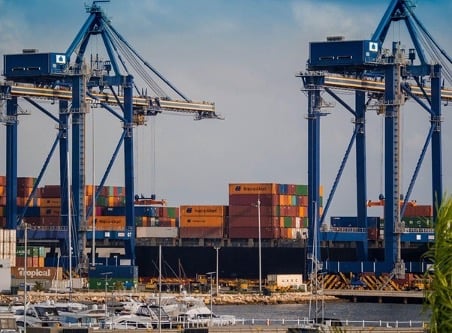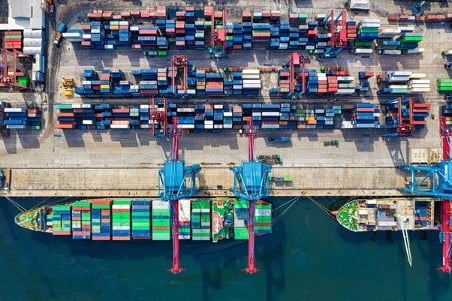There have been significant delays in the supply chain in recent months due to the Covid-19 pandemic, and retailers are already experiencing problems, particularly with the import of goods and critical components from overseas. Chinese ports, which are important arteries for international shipping, have been continually struggling with new waves of the virus, operating at limited capacity and with ships waiting even a couple of days for passage. Elsewhere, there has been nothing to load. Shipping containers were left lying idle in Europe due to reduced demand during the pandemic, and there have not been enough of them to load overseas, and those that are available have become noticeably more expensive than in previous years.

Shortages in supply chains are a growing problem that affects more and more industries worldwide. Traders are having great difficulty in making certain goods available and are losing profits because they cannot meet demand. However, the problem can be solved quite well in some cases with modern technology, led by smart redistribution. In fact, retail chains often have stock - just not in the right store and are unable to relocate it.

According to information from the market, shipping from Asia is now up to seven times more expensive, making it unprofitable for many companies to import some goods. Air transit times are stretched to double in times of capacity problems, rail transit times are about two to three weeks longer than normal and, in addition, the capacities are hopelessly occupied for this whole year. Overall, transport across sectors has become about 8 to 15 times more expensive, leaving traders to deal with end-of-line pricing to cover the increase, in addition to a shortage of parts or goods for production and sales.
The international transport situation is already affecting many industries. Consumer electronics and automotive companies have been the most affected so far, but supply shortages in the textile and pharmaceutical industries are no exception as well. Moreover, the situation is unlikely to improve much in the near future, so many companies are pre-ordering goods in large quantities in fear of being unable to meet demand over the Christmas period. The problem of unavailability of goods might not be that extensive if retail chains were able to redistribute their goods better.

Traders often face the problem of not being able to meet demand at a given outlet and losing customers unnecessarily, even though another outlet in the chain has a surplus of the desired goods and is unable to sell them. It is therefore now more important than ever that chains are able to intelligently redistribute goods between branches according to current demand. At Ydistri, we are developing a service that is able to analyze the stock and its sales potential across all branches of a chain and then provide smart redistribution.
Smart redistribution is not a catch-all solution, and certain types of goods and components, such as chips, are in real short supply that cannot be solved elsewhere than in the Asian factory and distribution route. However, the availability of a significant number of goods would be significantly helped by smart redistribution.
It is obvious that although conventional ordering systems have a demand prediction function, they can never be 100% accurate. Therefore, surpluses and, conversely, shortages of goods at individual stores must be additionally balanced by means of reliable and continuous redistribution. By evaluating the service with our customers over a long period of time, we have found that we have a success rate of more than 90% in predicting and selecting the right products for redistribution. Thanks to smart technology, stores can often tap into their own unused inventory and avoid unnecessarily ordering goods that are sitting uselessly elsewhere.